We were thrilled to welcome the E=M6 crew to our lab for an exciting deep dive into the science of fermented foods.
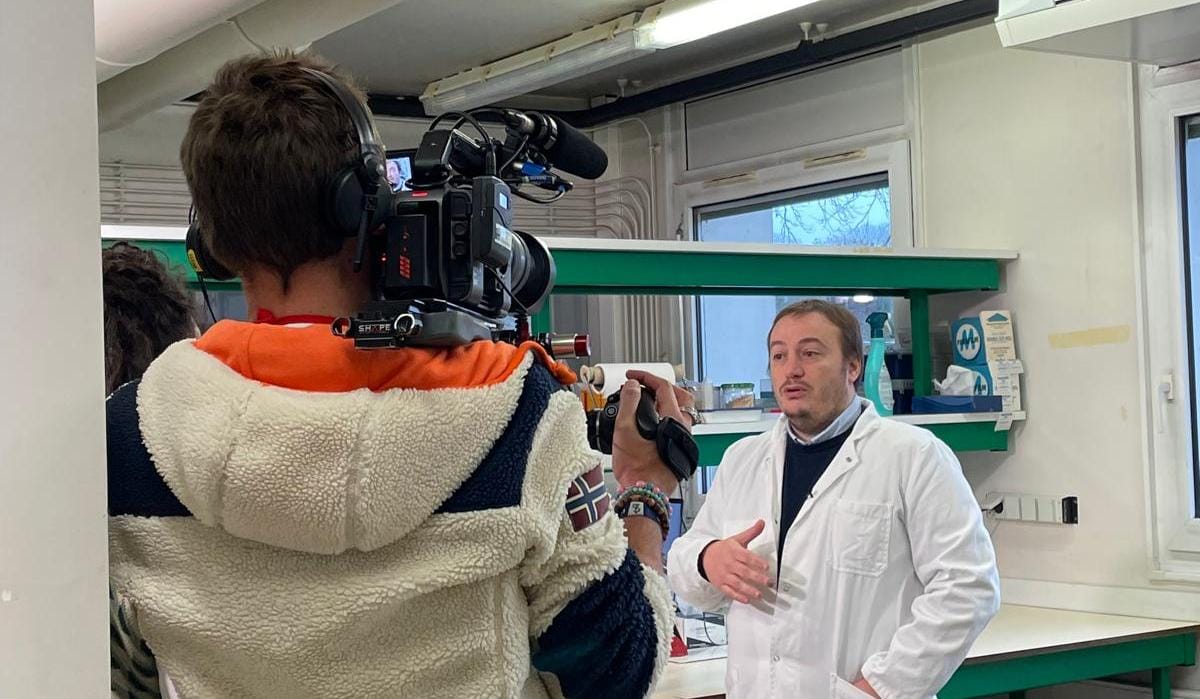
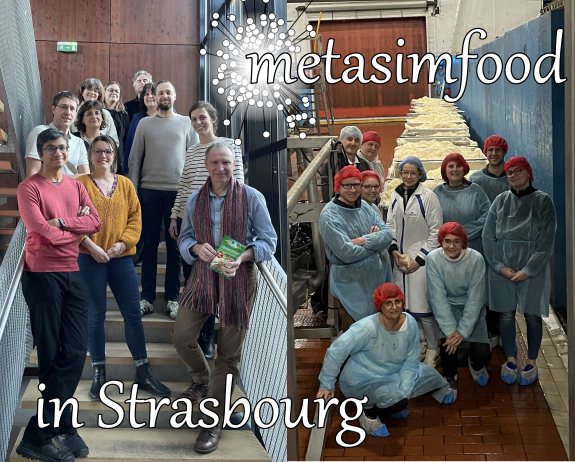
On Tuesday 7th of January, the 7 partners gathered for the second time in Illkirch (close to Strasbourg) and were hosted by Aérial. The meeting was focused on the main advances carried out on the fermented vegetables food model with exiting results confirming the hypothesis postulated earlier in the project. Also, the evening before the meeting, Aérial organized a specific visit of the largest Sauerkraut producer in France, at a small village 30 km south of Strasbourg.
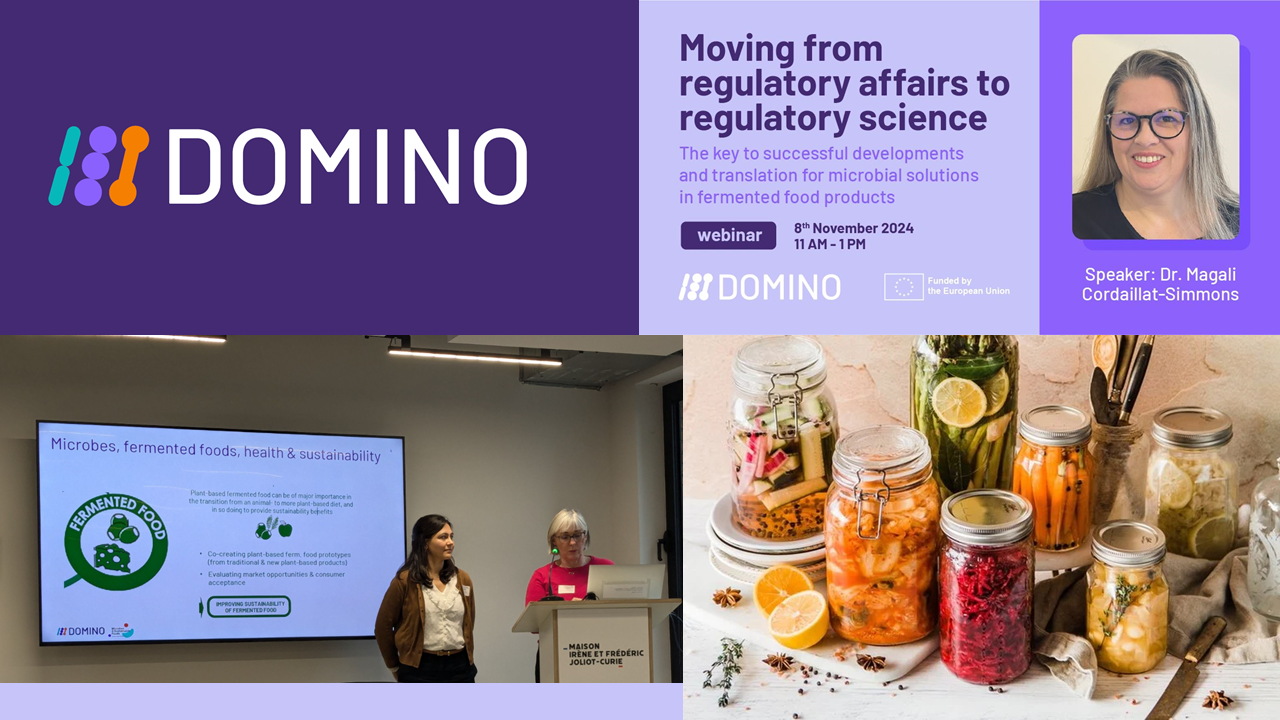
The DOMINO project is at the forefront of connecting microbiome science, food systems, and health in Europe. Recent activities highlight how DOMINO is driving innovation and fostering collaboration:
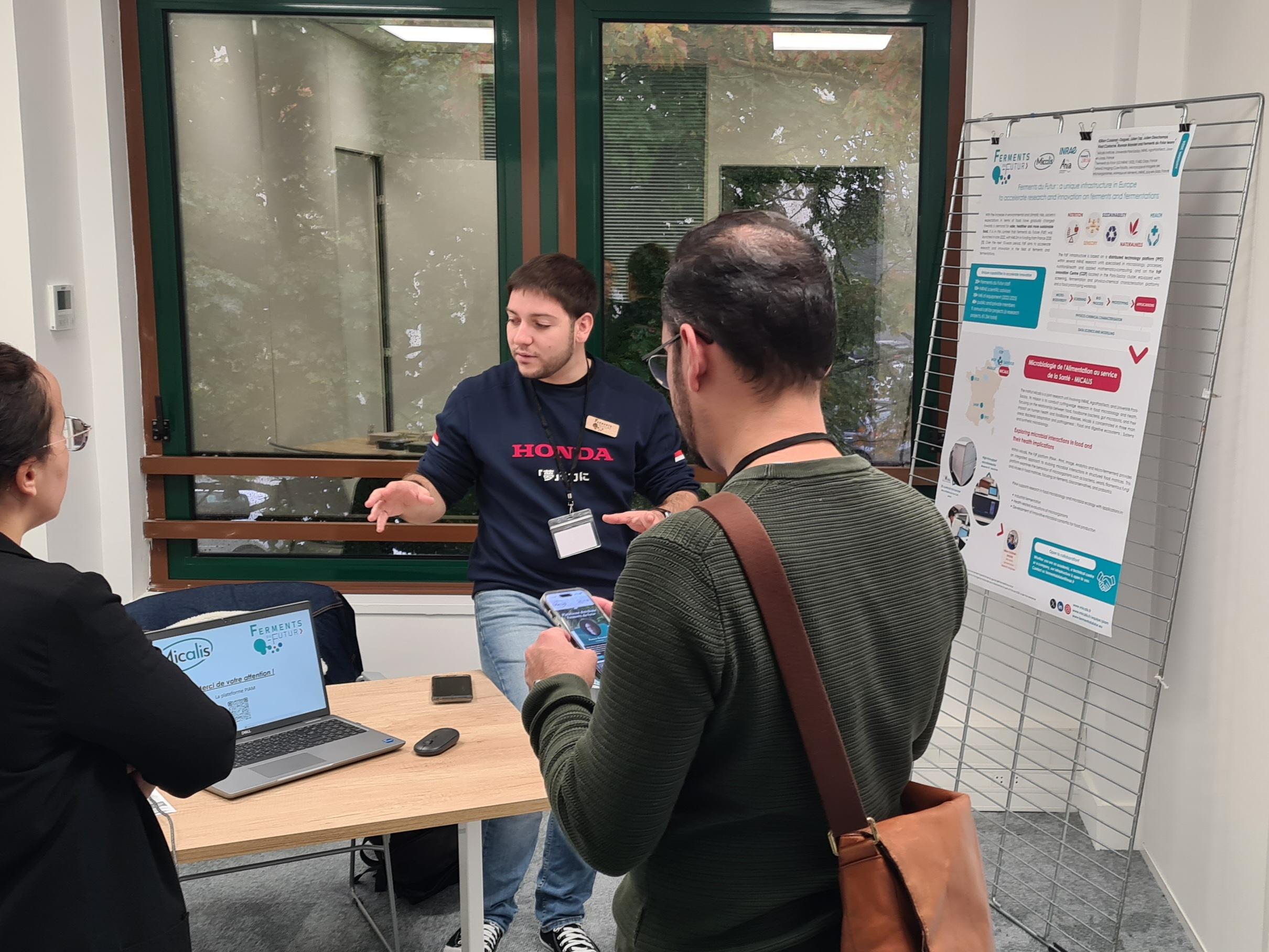
At the recent opening of the Ferments du Futur Innovation Center (CI2F) in Paris-Saclay, Killian shared insights about how our new plateform PIAM (Print, Image, Analytics and Micro-fermenters) housed in MICALIS supports innovation in industrial fermentation, microbial consortia development, and health-related applications.
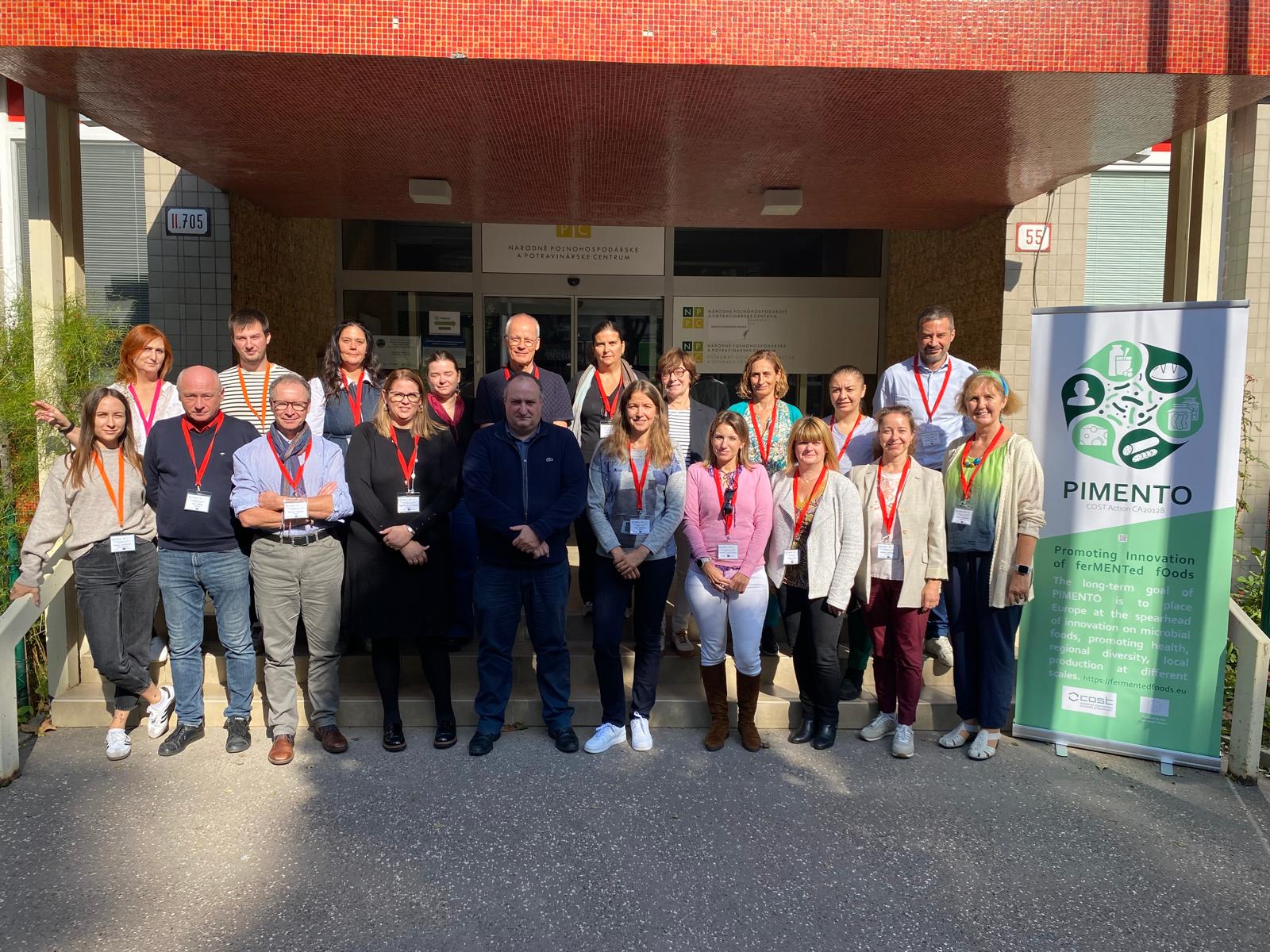
From September 16 to 19, Bratislava hosted the latest COST PIMENTO workshop, bringing together key members of the management committee, core group, and working groups. This fruitful event, organized by the National Agricultural and Food Centre (Food Research Institute), provided an opportunity to discuss the future direction of fermented foods research.
Latest Posts
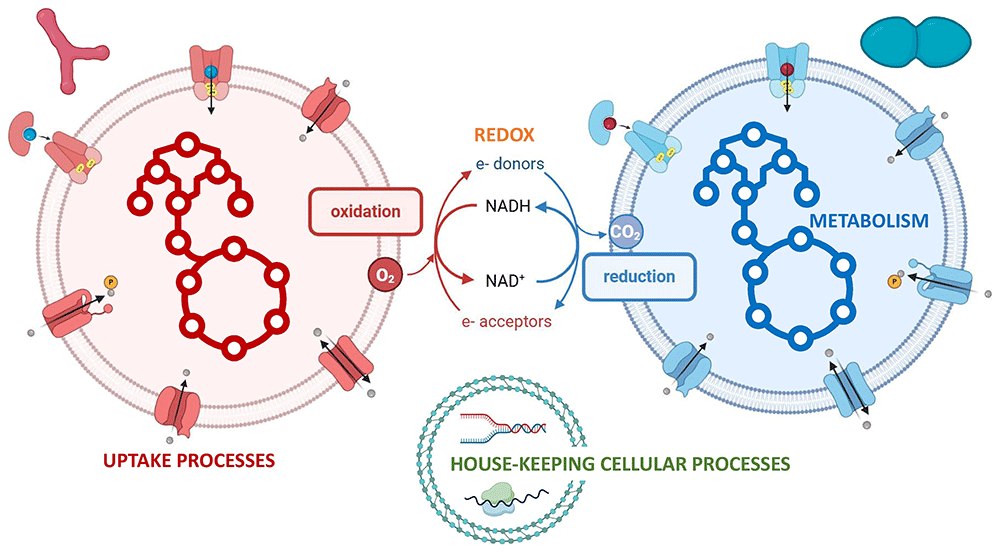
The FME team has published a new preprint in Open Research Europe entitled
“Food Microbiome Metabolic Modules (F3M): a tool suite for functional profiling of food microbiomes.”
Read the article
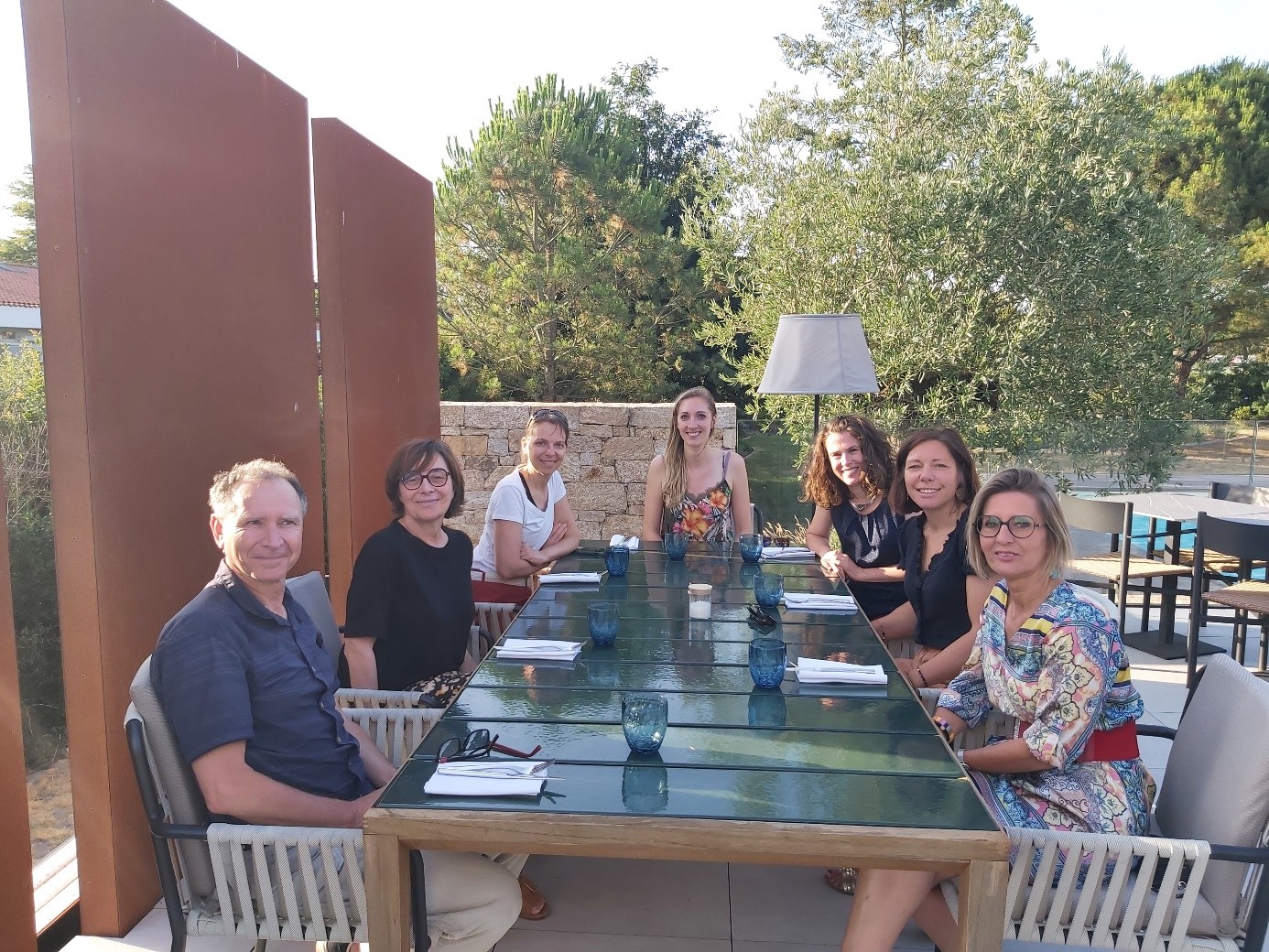
The EMOVOL project has come to an successful end: a fruitful collaboration between INRAE and Fleury Michon has led to the development of a method for characterizing the preservation potential of cooked poultry meat products based on microbial biomarkers in raw meat.
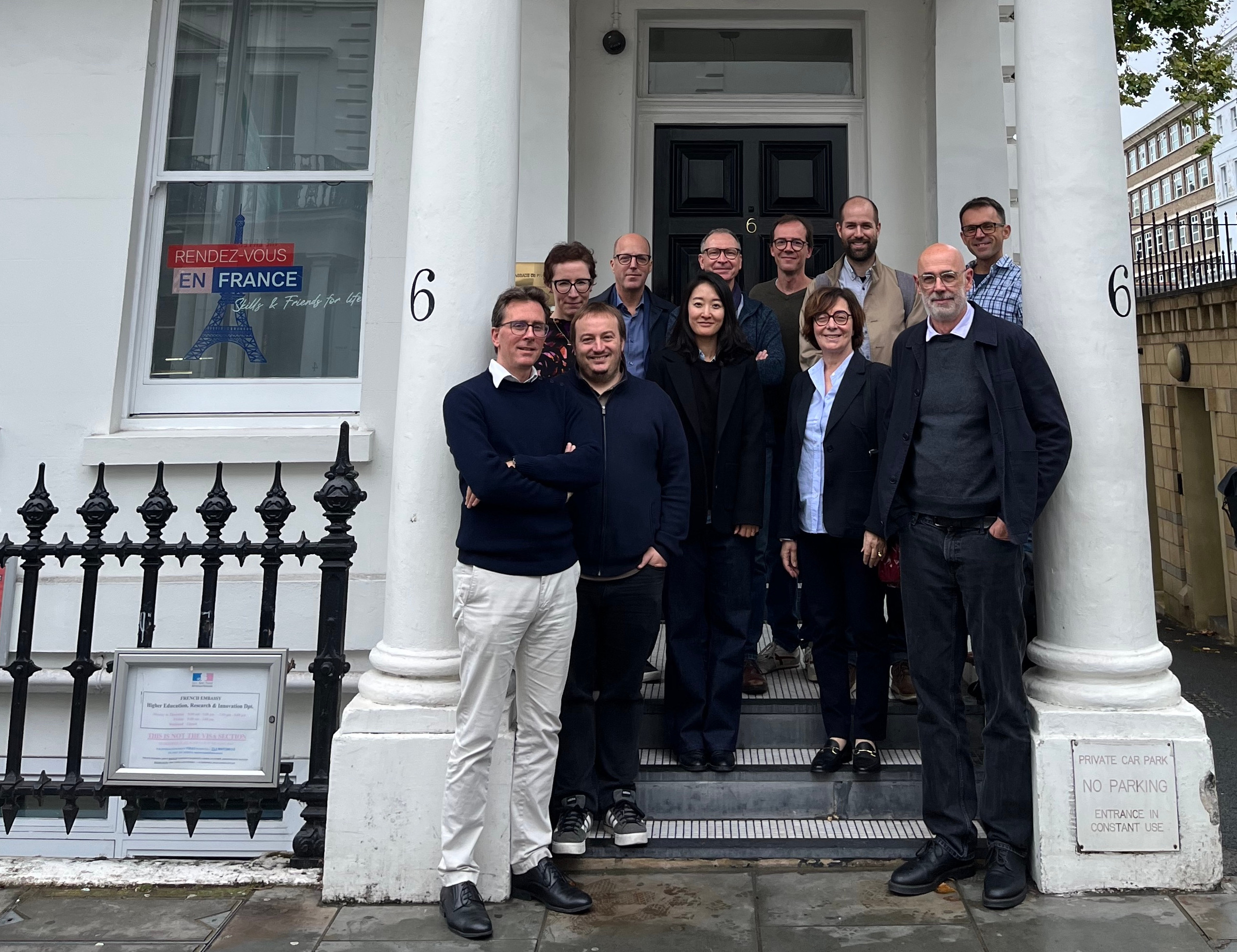
Last week on October 3rd, scientists from Imperial College London (ICL) and from INRAE Micalis Institute were hosted by the French embassy in London for a seed meeting around synthetic biology and synthetic microbial ecology as scientific strategies for biotechnology and food production. A special thanks to the organizer: Ludovic Drouin (French Embassy), Young-Kyoung Park (Micalis) and Rodriguo Ledesma-Amaro (ICL). Our several groups with complementary research discussed about perspectives of future collaborations on the field together with Ferment du Futur or Bezos Centre.